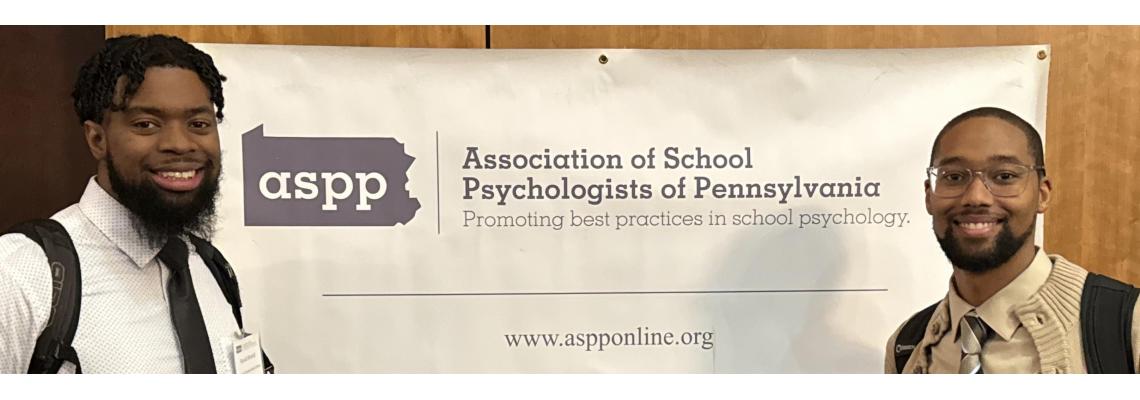The Association of School Psychologists of Pennsylvania
The Association of School Psychologists of Pennsylvania was founded in 1979 with the mission to represent and support school psychology through leadership to enhance the mental health and competence of all children.
The Association of School Psychologists of Pennsylvania is dedicated to ensuring that a continuum of empirically-based, research-validated school psychological services is available to all children and that the highest standard of personal and professional competence as well as professionalism and ethical conduct is practiced at all levels of practice and the association as evidenced by our strategic plan and adherence to the NASP Principles for Professional Ethics.
Diversity is welcomed, respected, and honored at all levels of practice and by the Association of School Psychologists of Pennsylvania and cultural competence is evident and promoted by the association at all levels of practice.
The Association of School Psychologists of Pennsylvania is committed to provide high-quality professional development to support this mission.
Recent News
Celebrating ASPP Presentation At NASP
Let's celebrate ASPP members and PA grad students who presented their research, skills, and shared knowledge at the 2025 NASP Convention in Seatlle Washington!
2025 ASPP Social Event at NASP
Come hang out with ASPP at NASP!
44th Annual School Psychology, Counseling Psychology and Applied Behavior Analysis Conference
Join us for the 44th Annual School Psych/ABA conference at Temple University. ASPP Members receive a discount on registration!






